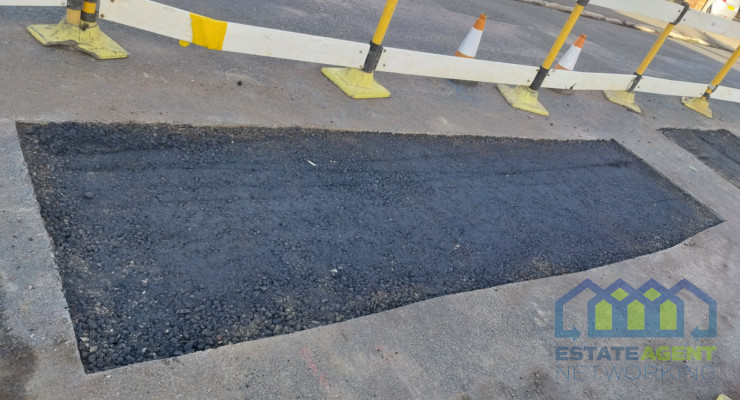House Price Change by Region
The chart shows that annual growth was highest in the West Midlands, followed by the East Midlands, at nearly 6% and just over 4% respectively. The 0.7% drop in London house prices follows a slowdown that began in mid-2016 and marks the lowest annual growth rate since just after the global financial crash, when prices dropped over 3%. Looking at the whole of the UK, average house price rose by £6 thousand to £228 thousand in June 2018. At the extremes of this spectrum, the average house price in London is £477 thousand and in the North East £127 thousand. A recent report from Halifax stated that the rate of house price growth had slowed to a five-year low of 1.8%. Fortunately, recently released data shows that average earnings growth (2.5%) had outstripped house price growth for the first time in many years.
What does the chart show?
The chart shows the percentage change in average house prices over the 12 months to June 2018. The data is split into regions and is from the Office of National Statistics.
Why is the chart interesting?
London has long been a boon to UK average house price growth, but following a slide sparked by the referendum in summer 2016, growth in London is predicted to drop below national average. The uptick in house prices in the midlands may be related to HS2, which stands to extend the possibility of home-ownership to those looking to work in London. London affordability has plummeted and been hampered by stagnating wages, indeed buyers need 9 times their annual wage in London versus 5 times in the North West. Savills research has anticipated wider UK house price growth of 14% over the coming 5 years, double their expectations in London. Blackburn emerges as the success story, with growth of over 16% in the last 12 months. This is in stark contrast to areas of London such as Wandsworth, where house prices dropped 15% in the same period. This may be related to variation across types of dwelling; London accounts for a quarter of all transactions on flats which saw the lowest growth in price 0.5% compared to semi-detached homes which increased in value by 4.4%.
Although transaction rates are reported to be down by approximately 10% in all regions, the Bank of England has raised interest rates slightly, which will increase mortgage costs in time. Affordability is a key issue with average houses costing 7.6 times the average wage, and banks cannot and will not generally lend beyond 4.5 times the borrowers’ wage. Writing in The Guardian, Larry Elliott welcomed the decline in house price growth as an opportunity to re-balance the economy toward manufacturing and investment, asserting that there is ‘no future in an economy so heavily reliant on a housing market that lurches from boom to bust.’. He furthered that the current taxation and planning systems need reform as they encourage housing demand, discourage supply and reward land hoarding.
Shared by: info@ercouncil.org









